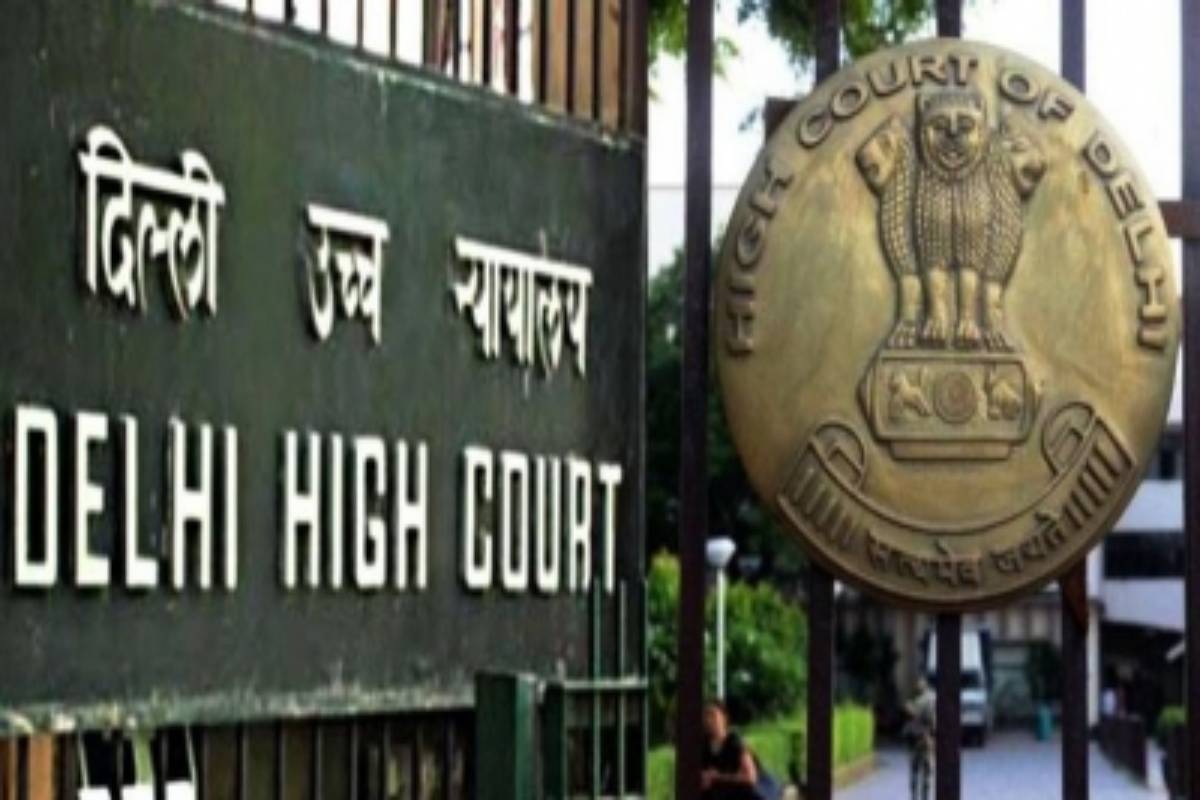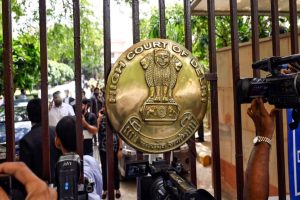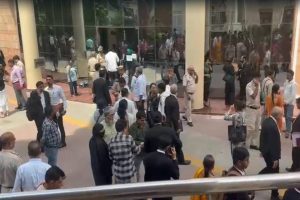The Delhi High Court on Wednesday directed trial courts not to issue non-bailable warrants (NBWs) against individuals on the first call in the pre-lunch hours unless there are genuine apprehensions of their potential absconding.
Justice Amit Bansal said that such coercive measures should only be taken after 12.30 p.m.
The judge was hearing a plea by Fahim challenging two trial court orders issuing NBWs against him.
The court noted that there is a growing trend of trial courts deviating from settled judgements and rules, issuing warrants against parties without considering genuine reasons for non-appearance.
Setting aside the impugned orders, the court noted that Fahim appeared before the trial court on the listed date but after the matter had been called.
Justice Bansal agreed with two previous judgements on the issue, noting that parties often face challenges, such as traffic, in reaching the court for the first call.
The court advised that when warrants are issued, the courts should assess the reason for non-appearance, and if warranted, costs may be imposed.
If the person is represented by an authorised advocate, warrants for appearance should be issued only in exceptional circumstances, with reasons recorded in writing.
The court also stressed that if an application for the cancellation of NBWs is filed shortly after issuance, the trial court should promptly consider the application.
It then deemed the issuance of the NBW unjustified and unsustainable in Fahim’s case, pointing out the need for a fair and prompt consideration of cancellation applications.
Notably, Fahim had reached the court late due to heavy traffic because of a political rally and he had immediately moved the application for cancellation of the NBWs on the same date.
Justice Bansal observed a lack of adherence to the legal position on warrant issuance by trial courts and called for guidelines to ensure the appearance of parties in accordance with the law.
The court directed the order to be circulated to all Principal District and Sessions Judges in Delhi for dissemination to all trial courts handling criminal cases.




